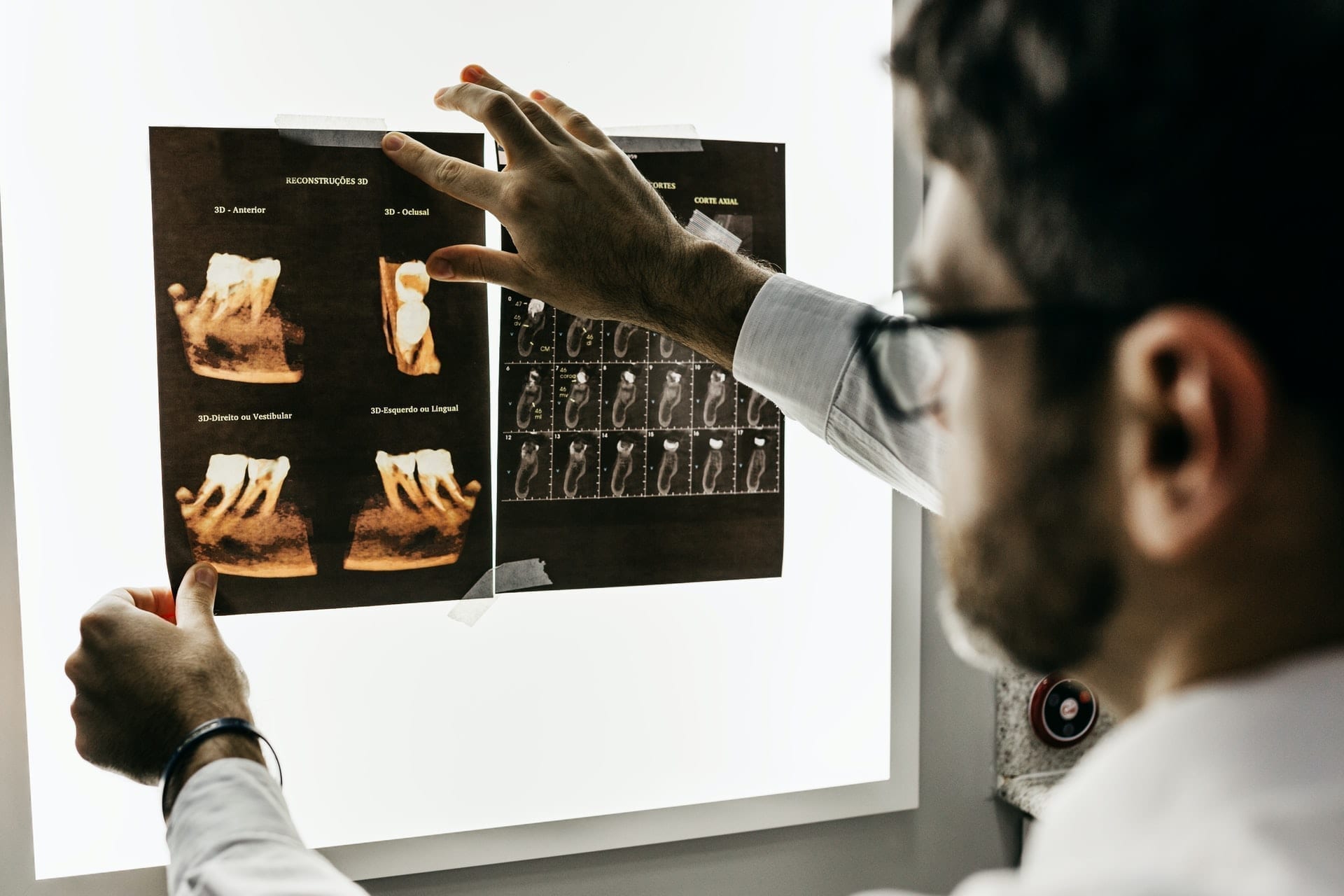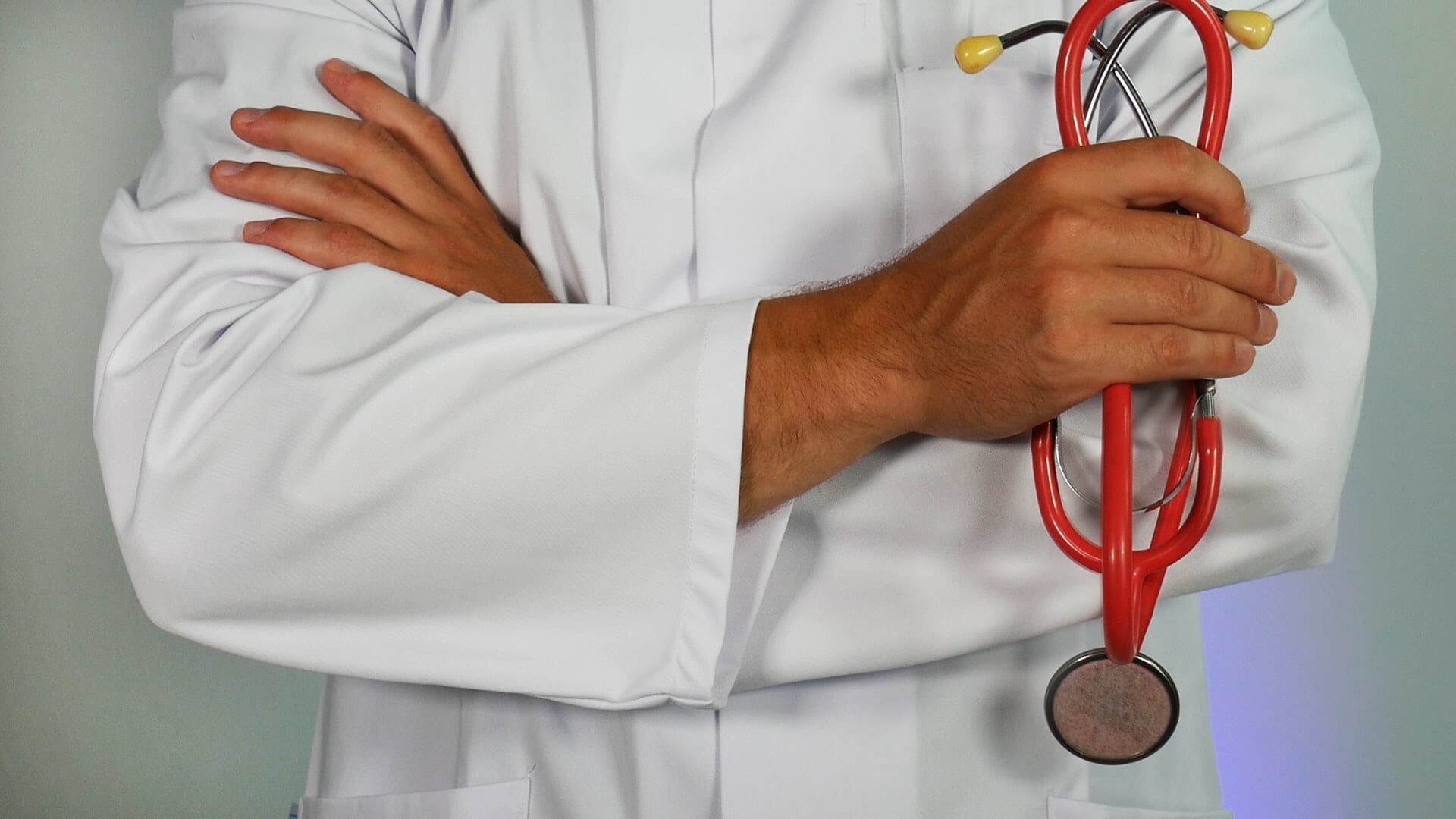People in prisons are more prone to health issues than non-incarcerated people. For instance, drug abuse, diabetes, HIV and mental health issues are all more common in prison. So what is healthcare like for your loved one in prison? Do people in prison get free healthcare?
What kinds of health services are available for incarcerated people?
The BOP website says that prisoners get medical, dental and mental health services. Prisons decide which services are essential for which people. Prisoners get routine checkups for new or pre-existing conditions they may have. People in prison also receive dental care.
Prisoners get on a waiting list if staff decide they do not have an emergency. They will usually have to wait to get dental care. This is also true for many non-emergency medical issues. That means people in prison may wait years to get the healthcare that they need.
Incarcerated people also have access to mental health services in prison. This includes therapy. It also includes prescription medication. Each prison decides which people need mental health treatment. This can lead to people in prison not getting the care they need.
People in prison do have access to medicine. But, there are some medications that are not allowed within the prison system. Those who need these medicines will receive other treatments.
The prison must also provide glasses to anyone who needs them. People in prison cannot choose what the glasses look like or cost.
Do people in prison get free healthcare?
Yes and no. In most states, incarcerated people must pay a co-pay for visits to the prison doctor. The co-pay is usually only a few dollars. However, people in prison do not earn much from their jobs. This may prevent people from seeking the medical attention that they need. Doctors in prison must treat people even if they can’t pay. However, some people may not know this, and prison officials may decide that certain care is not needed.

Are there different types of healthcare in prison depending on your age?
Yes. Incarcerated people are grouped based on their age and medical needs. The BOP groups people into four care levels. These groups are all housed in different places.
- Care level 1: People under 70 years old who are in generally good health get check-ups every six months to one year.
- Care level 2: People who need regular check-ups get them regularly from once a month to once every six months.
- Care level 3: People with chronic conditions that need frequent check-ups may get help in their daily activities.
- Care level 4: People with chronic conditions that need 24-hour care are placed in medical facilities equipped to provide the intense care they need.
These care levels apply to both physical and mental health. Prisons group people based on their needs. Elderly prisoners have easier access since they do not live in a level 1 facility.
What can you do if your loved one is not getting the care they need in prison?
If your loved one does not get the care they need, your loved one still has to prove that the prison is at fault. This means that they must prove that the prison knowingly made their condition worse. This is difficult to prove. It is a good idea to consult a lawyer experienced in working with prisoners’ rights.
The Takeaway:
Incarcerated people have access to healthcare. But, the medical attention they get in prison could be different from what they might get outside.






